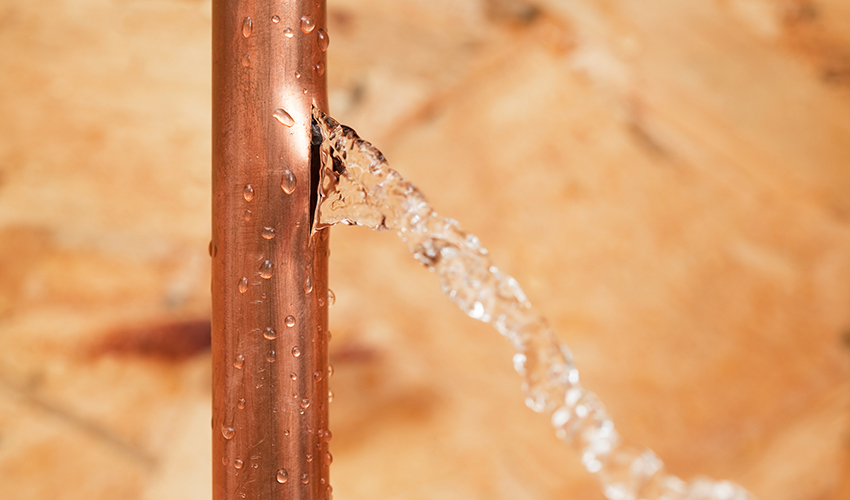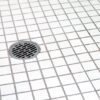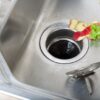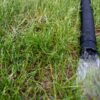Preventing Common Winter Plumbing Issues

The season of snow, short days, and brutally cold temps is upon us. Winter tends to be extra stressful on your home’s plumbing, especially when they’re as extreme as what we experience in Minnesota. Want to stay ahead this year? Here are some tips to help prevent common winter plumbing issues in your household.
Problem: Clogged Drains from Grease and Food
Food and other blockages accumulate in pipes more easily during colder weather. With all the extra food and clean-up of the holidays, it’s important to take some precautions to keep your pipes running smoothly.
What You Can Do
While you should be careful year-round, be especially cautious when discarding food scraps in the sink. If you don’t have a garbage disposal, be sure you throw away as many food particles as possible and use a drain screen to catch any that may have been missed.
Grease and oil should never get into your pipes. These substances stick to pipes instead of draining properly, where they solidify and can cause big blockages. Instead, let grease or oil cool in a container and then throw it away in the trash. If you experience drain issues, beware that store-bought chemical treatments can damage your pipes. Contact a drain cleaning expert.
Problem: Frozen Pipes
This is probably the most
common winter plumbing issue, due to below freezing temperatures and high water
pressure from the main line. A change in water flow can indicate a frozen pipe,
which can burst as it thaws and cause expensive damage.
What You Can Do
If you’re trying to save money by lowering the thermostat, remember that the lower it’s set, the higher the risk of frozen pipes in your exterior walls. It’s recommended to set it no lower than 55 degrees, or even closer to 60 if outside temps are at severe lows, especially if you’re leaving home for multiple days.
During extreme cold, open cabinets and closets to let the warm air reach hidden pipes. You can also leave your faucet open just enough for a light trickle through the coldest nights. In the case of a burst pipe, locate and shut off the main water valve and contact a plumbing professional immediately.
Problem: Water Heater Failure
Colder weather means colder water is delivered to your water heater, forcing it to work extra hard to keep up. Nobody wants to be left with cold water in the winter, so help prevent an issue with these tips.
What You Can Do
Insulate the room your water heater is in. You can also insulate the unit itself, but it’s recommended to work with an experienced plumber to avoid causing a fire hazard. It may be tough, but try to use less hot water whenever possible – the system will appreciate the break!
Frigid temps and piles of snow come with the territory here in Minnesota. Use these tips to prevent common winter plumbing issues and the stress they cause and help keep your home comfortable and running smoothly all season long.
For all of your plumbing needs, rely on the master plumbers at Robillard. Contact us to learn more.



